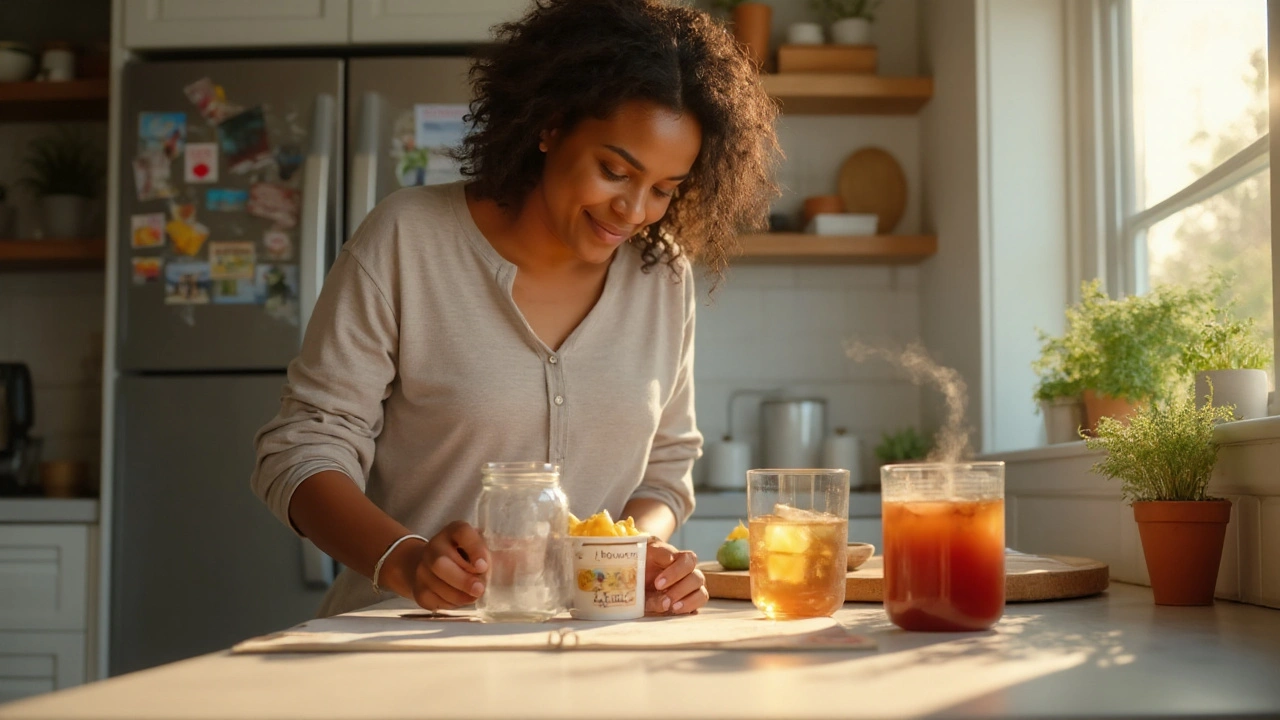Gut Infections: What You Need to Know
Gut infections are more common than you think. They happen when bacteria, viruses, or parasites invade your digestive tract and start causing trouble. You might feel crampy stomach pain, loose stools, or just be unusually tired. Those symptoms are your body’s way of saying something’s off. The good news? Most gut infections are treatable, and knowing the basics can help you act fast.
Common Causes of Gut Infections
Bloody‑type bacteria like Campylobacter, Salmonella, and E. coli usually come from undercooked meat or contaminated water. A nasty virus called norovirus spreads easily in crowded places and can make you vomit and diarrhea for a day or two. Parasites such as Giardia often hitch a ride in untreated water from lakes or streams. Even a simple change in diet, like too much sugary soda, can weaken the good bacteria in your gut and let the bad guys move in.
Bad hygiene is another quiet culprit. Not washing hands after using the toilet or before handling food lets germs jump from one person to another. Travel to regions with lax food safety standards also raises the odds of picking up a gut infection. Keep an eye on any recent meals, trips, or contacts when you start feeling off—that clue can point straight to the cause.
Effective Treatment and When to See a Doctor
Most mild gut infections clear up on their own with plenty of fluids, rest, and a bland diet. Sip water, broth, or oral rehydration solutions to replace lost electrolytes. Foods like bananas, rice, applesauce, and toast (the BRAT diet) are easy on the stomach and can help firm up stools.
If symptoms last more than three days, you’re throwing up a lot, or you see blood in your stool, it’s time to get professional help. Doctors may prescribe antibiotics for bacterial infections, but they won’t work on viruses or parasites. In those cases, specific antiparasitic meds are needed. Never take antibiotics without a prescription—using them the wrong way can make resistance worse and actually prolong the infection.
While you wait for a medical appointment, avoid dairy, caffeine, and fatty foods because they can irritate the gut further. Probiotic supplements or yogurt with live cultures can help restore the healthy bacteria balance once the acute phase is over. Remember, each person’s gut reacts differently, so what works for a friend might not be right for you.
Bottom line: gut infections are usually short‑lived, but staying hydrated, eating gentle foods, and watching for red‑flag symptoms can make recovery smoother. If you’re unsure, a quick chat with a pharmacist or doctor can save you a lot of discomfort. Keep those hygiene habits strong, wash your hands, and make sure your water is safe—simple steps that cut down the risk dramatically.
Hydration for Gut and Vaginal Health: Prevent Intestinal and Vaginal Infections
How drinking right protects your gut and vagina. Evidence-backed tips, daily plan, and checklists to lower risk of intestinal bugs and vaginal infections.

